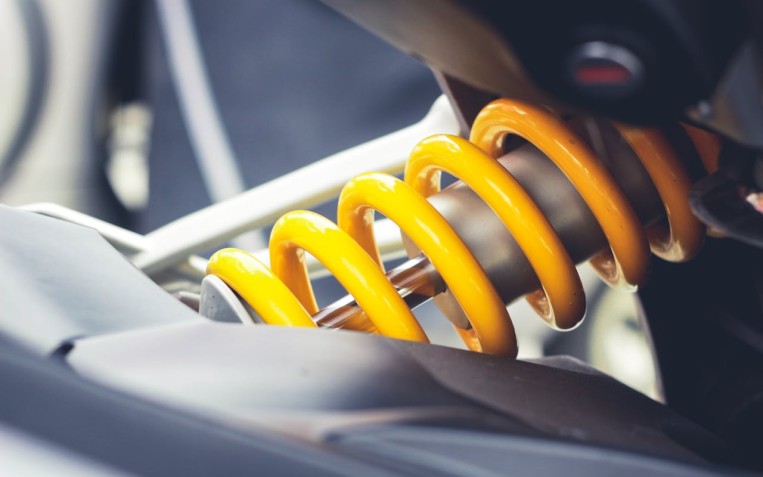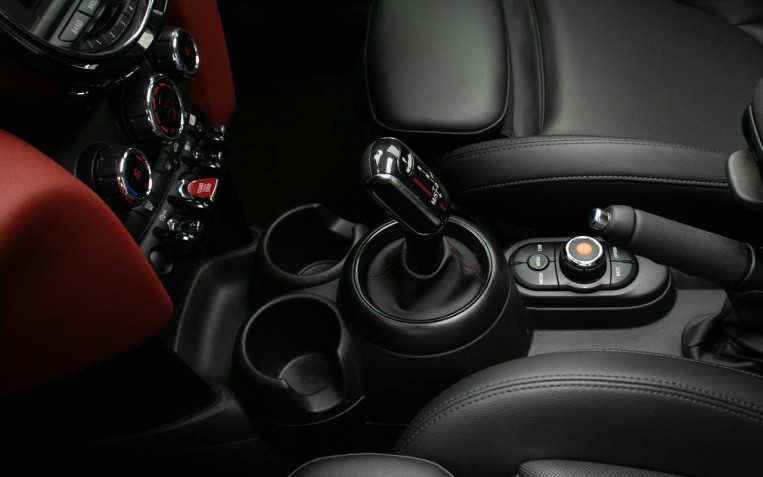How to improve your car’s lifespan

On average in the UK, a car lasts for about 200,000 miles or 14 years based on the average driver travelling 14,000 miles per year. However, how long your vehicle lasts will depend on a number of factors including make, model and level of maintenance performed on the vehicle. In this guide, we’ll explain some of the ways you can make your car last longer.
Regular vehicle maintenance
Servicing
Regular vehicle maintenance such as an interim service every six months or full service once a year helps to prolong the life of your car. Carrying out a full inspection of your vehicle makes sure that there are no potential problems and also helps with regular maintenance like an oil change or replacing your air filter, pollen filter or spark plugs.
Batteries
Keeping your battery in good nick can reduce damage to your car’s delicate electronics and engine system. To stop your battery from running flat you should aim to drive at least once or twice a week. If you let your battery run flat and need to jump start it, it could cause damage to your battery as well as your electronics.
Wheel Alignment
Checking your wheel alignment every 12,000-15,000 miles is a good way to look after your wheels. If your wheels are unaligned, it can lead to additional problems like causing your tyres to wear abnormally or your steering might pull to one side.
Car Timing Belt and Cambelts Service
Your engine timing belt should be replaced at regular intervals and usually lasts between 4 and 10 years. If you don’t replace your timing belt and it snaps while you’re driving it could cause engine damage.
Keep your fluids topped up
Check your main fluids like coolant, oil and screen wash regularly and keep them topped up between the minimum and maximum markers. Low oil or coolant levels can really damage your engine and should be checked every two weeks.
Good driving habits
Your driving habits have a massive impact on the longevity of your car. It’s a good idea to drive as smoothly as possible, and avoid hard braking, excessive revving or taking corners at high speeds as you’re more likely to add stress to your engine and brakes. Not to mention, you’ll also be more likely to get into an accident.
Fixing any problems when they occur
If you notice anything unusual on your vehicle, it’s important to get it checked as soon as possible. Small problems can quickly turn into big issues if they are not addressed in a timely manner. For example, if you notice your brakes squeaking we advise bringing your vehicle in for a free brake check. This applies to any part of your car that isn’t working , such as your exhaust or if you spot any warning lights on your dashboard.
So, if you notice anything unusual when you’re driving, simply get in touch with a member of our team to find out more or find your nearest PTA branch to book a repair service today. And, to keep your car in good condition, make sure to book regular maintenance like servicing and wheel alignment today.
Related Content

Should I have soft or stiff suspension springs for my vehicle?
Suspension springs are essential for maintaining your vehicle’s stability and ride height. Over time, the springs will succumb to wear and tear, which affects how your car handles, brakes and accelerates on the road. Discover whether you should...

What is engine braking?
Engine braking involves taking your foot off the accelerator pedal, allowing your car to slow down. Over time, the parts on your vehicle’s braki...

A guide to the different types of car clutches
The clutch is responsible for channelling the power from the engine, through to the gearbox, and the wheels. Your vehicle's clutch will differ dependi...

